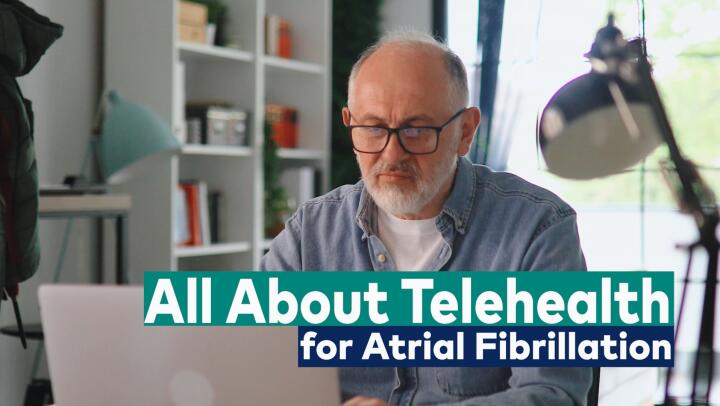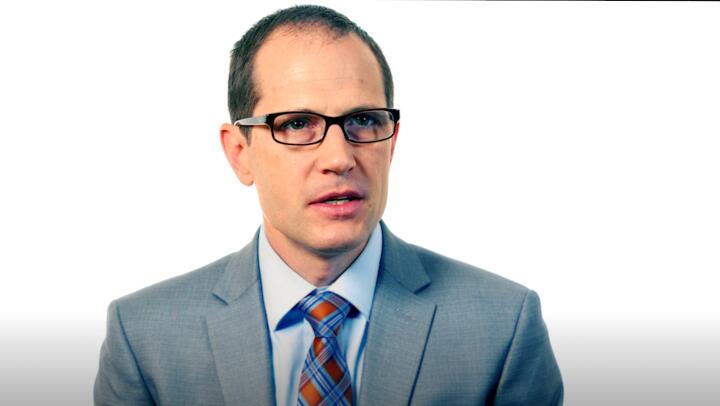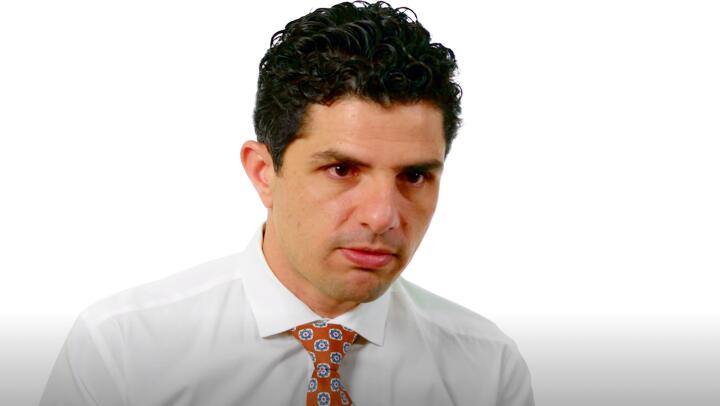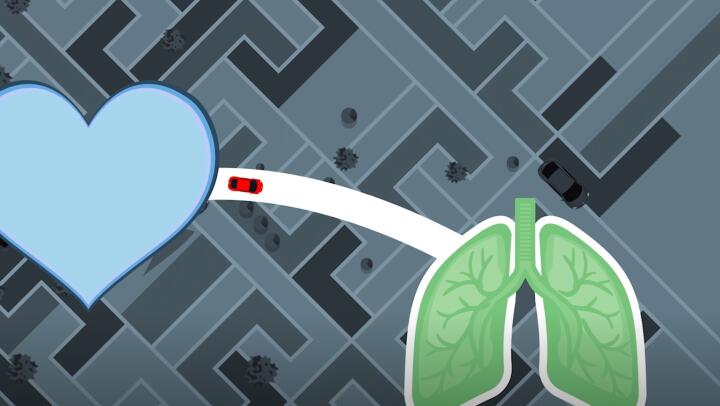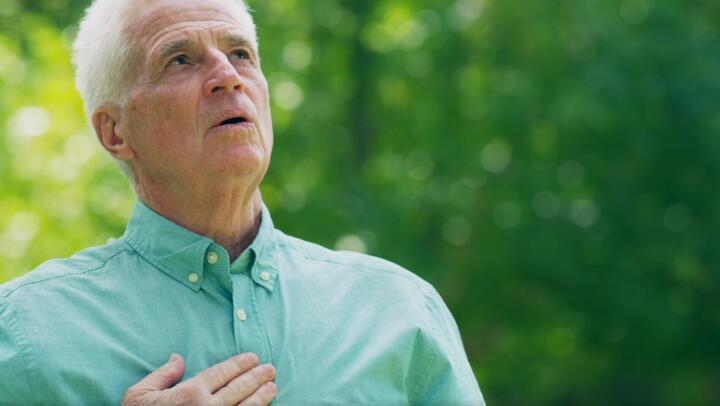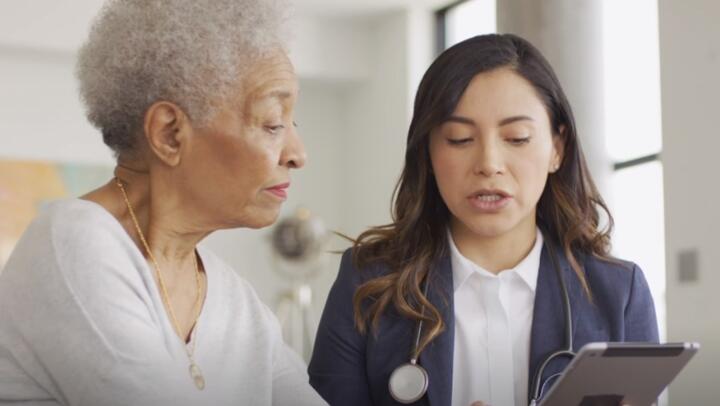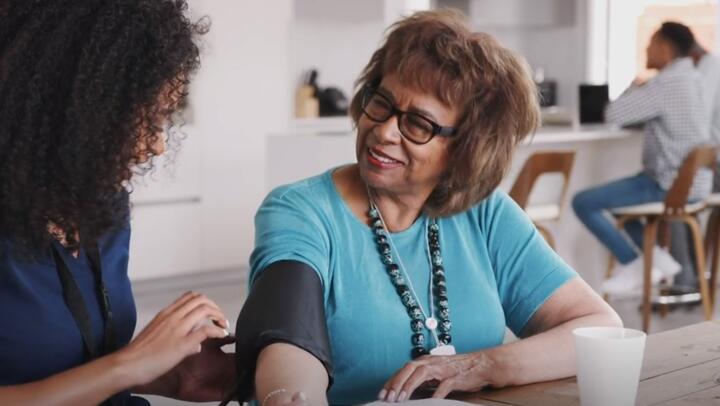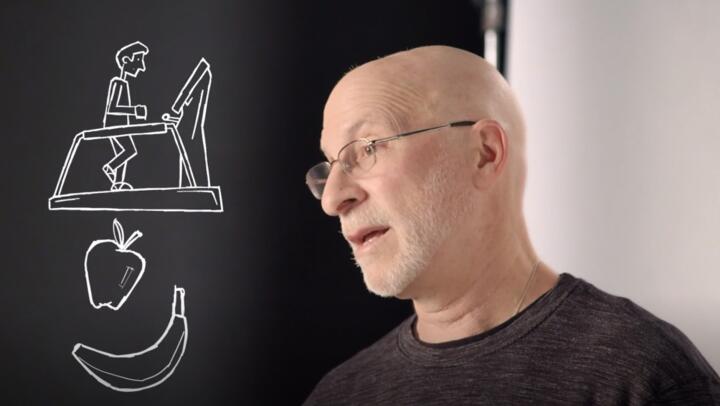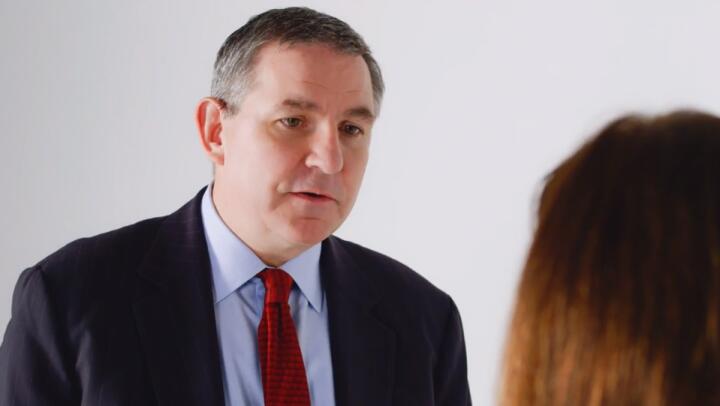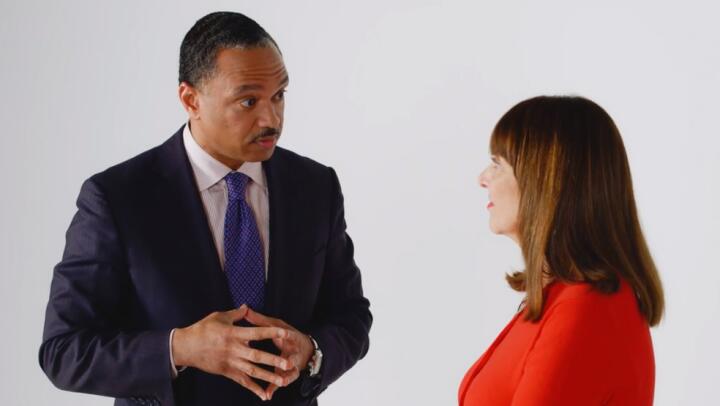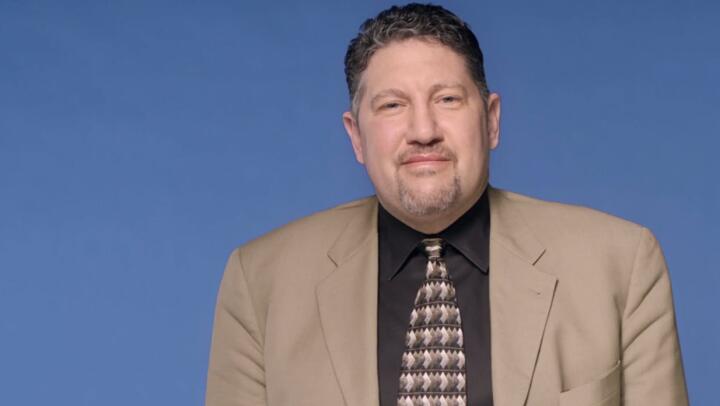
If you’ve had a heart attack, you may have another battle ahead, and it’s important to be prepared. Up to 25% of people who have had a heart attack experience depression afterward.
Be aware of the signs and symptoms and know how to get help as part of your recovery plan. Taking care of your mental health can help you feel better physically and keep the healing process on track.
Are You Depressed After Your Heart Attack?
Life after heart attack normally includes some sadness that comes and goes during the first few weeks of recovery. Depression is different because it lasts… and lasts… and lasts. Unlike occasional sadness, depression requires professional treatment. Be aware of the signs that it’s time to talk with your doctor about depression treatment:
Persistent negative feelings such as worthlessness or hopelessness every day for two weeks or longer
Lack of motivation to follow your recovery plan, i.e., not taking medications or keeping rehabilitation appointments
Trouble falling asleep or trouble staying asleep
Little pleasure in getting back into your routine
Suicidal thoughts–seek immediate medical attention
Primary care physicians, cardiologists, and cardiac surgeons can all diagnose depression. Your doctor will perform a simple screening test by asking you specific questions about how you’re feeling. The American Heart Association actually recommends all heart patients be screened. Your doctor may also refer you to a mental health specialist, such as a psychologist or psychiatrist, for a more in-depth conversation.
Mental Health and Heart Disease: Why It’s Important to Address Depression
Without treatment, you can expect to feel worse mentally—and physically. Depression will continue to work directly against your heart health. Research shows that those who have uncontrolled depression after a heart attack are more likely to have:
Worse pain
Greater fatigue
Increased blood pressure
Damage to arteries
Complications and hospitalizations
Another heart attack
And uncontrolled depression after a heart attack even carries a greater risk of death.
How Depression After Heart Attack Is Treated
Science has spoken. Depression is a real illness that doesn’t go away on its own any more than heart disease does. Let go of old notions that you should be able to “treat” your mental health by yourself. The best thing you can do if you’re depressed is seek a doctor’s help. He or she can recommend many different treatments that can put you back on the path to mental and physical health. Your doctor may recommend one or more of these options:
Antidepressant medication
One-on-one talk therapy with a psychologist or psychiatric social worker
Group therapy with people in your same situation, led by a licensed professional
Changes in diet, exercise, sleep routine, or lifestyle habits
Recovery after heart attack can take many forms. Give yourself permission to embrace and accept your process for the fullest recovery possible. Feel proud that you’ve come this far and know you can keep going.
Heart Attack Stories: Cardiac Rehab





